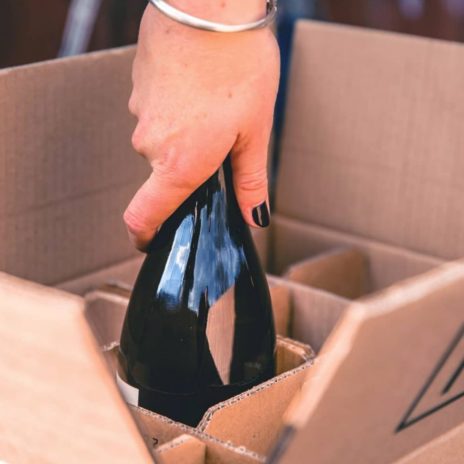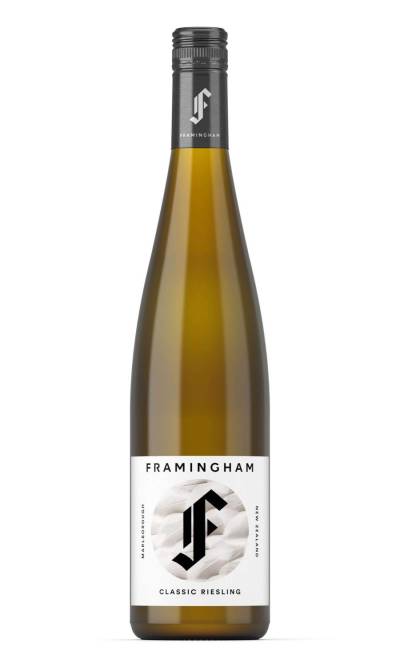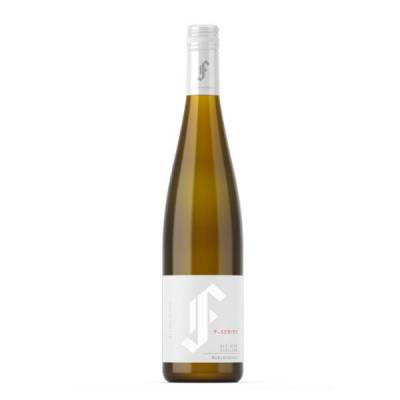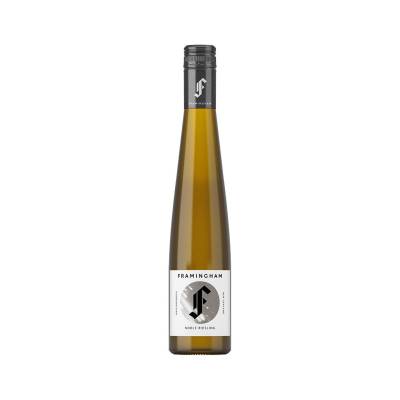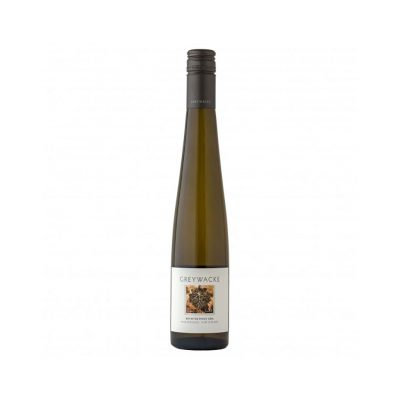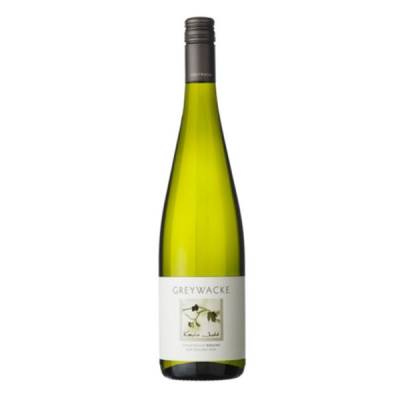Marlborough is New Zealand's largest and most famed wine region. Early successes with the Sauvignon Blanc varietal rang far and wide, landing NZ on the international wine map. With vintners interest in varied terroir and varieties escalating the recognition of the region globally adding fuel to the fire. Soon enough winemakers took to the cooler sub-regions of Southern Valley’s and Awatere. Back in the 1980s as an understanding of the regions potential slowly unfurled, farmers and foresters alike made the switch to viticulture and the industry blossomed.
Resting to the east at the tip of the South Island, Marlboroughs enjoys long drawn out daylight hours, coupled with a clear, cool atmosphere at night. This union results in a long, leisurely ripening period, greatly contributing to the grapes intensified flavours while the chill of the night retains the acidity levels.
Consisting of the three sub-regions; Wairau Valley, Awatere Valley and the Southern Valley’s. Marlborough has a diversified range of terroirs, allowing for impressive variation in style, minerality, and flavour. As the name suggests, the Southern Valleys sit south of the Wairau Valleys and houses the Omaka, Fairhall, Brancott, Ben Morven and Waihopai valleys - Marlborough's original sites. The southern location of these valleys and the soils relatively heavier clay content is a key factor in the regions ability to produce such a diverse range of wines.
Enjoying the slightly warmer north of the region, the Wairau Valleys sit more inland and benefit from the Wairau River running through, decreasing the need and frequency of irrigation. With each of the sites here having varying soil profiles consisting of alluvial gravel, wind borne loess and greywacke. Each vineyard will produce a unique wine, with flavour inherited from its unique soil composition. Although it must be noted, no matter how far a style strays, the rich fruit intensity that’s a hallmark of the region can always be found.
Close to the Coast lies Awatere, arguably Marlborough's most distinctive sub-region. The windier and cool location means the vines have a lower yield, meaning the wines produced have an incredibly distinctive character as each abstraction and variation isn’t diluted. The Herbaceous and flinty minerality truly reflect the sub-regions unique Terroir, while the good aromatics one can find stem from a decrease in the vigour of the vines.
As New Zealand’s largest wine region, housing around 77% of the countries vines and producing over 75% of the Sauvignon Blanc, Marlborough has an upward trajectory and an exciting future.
